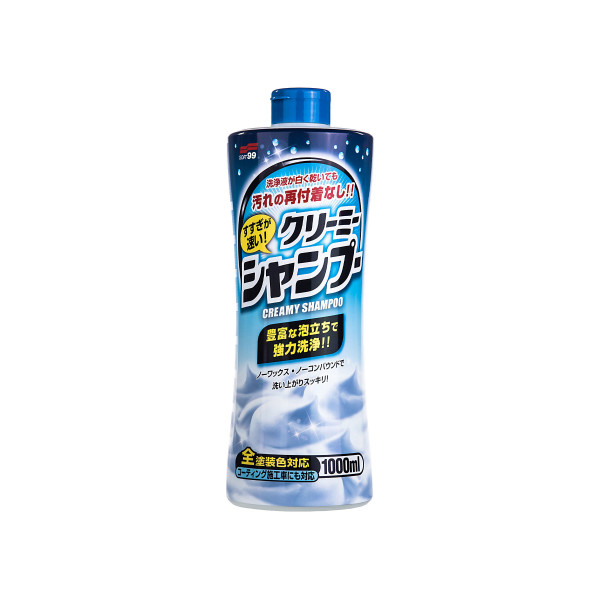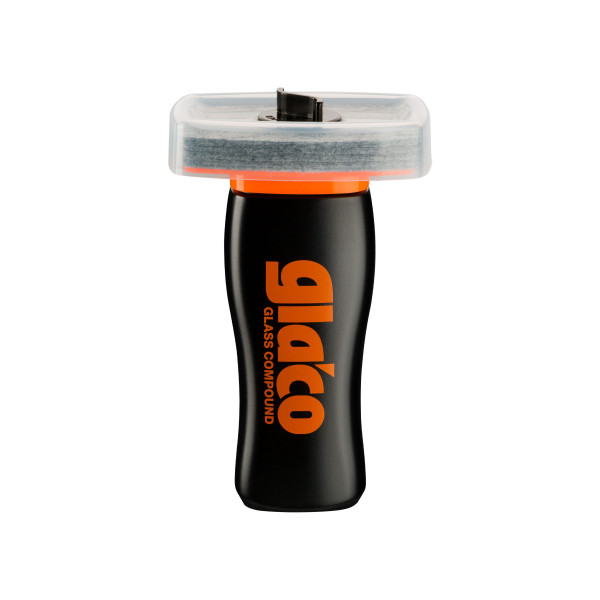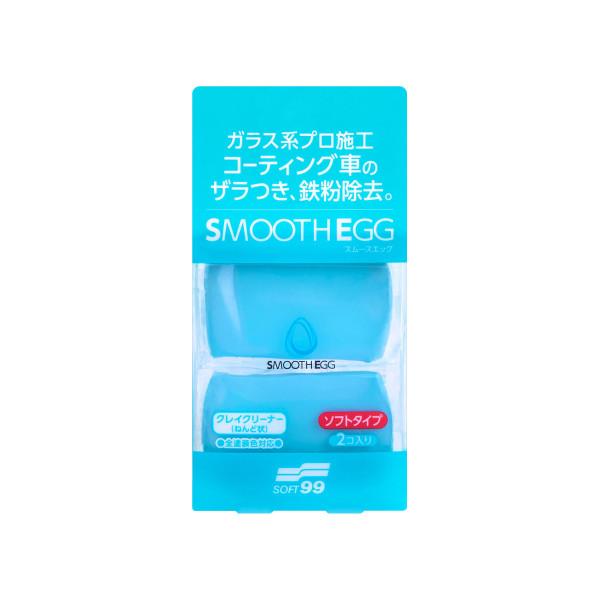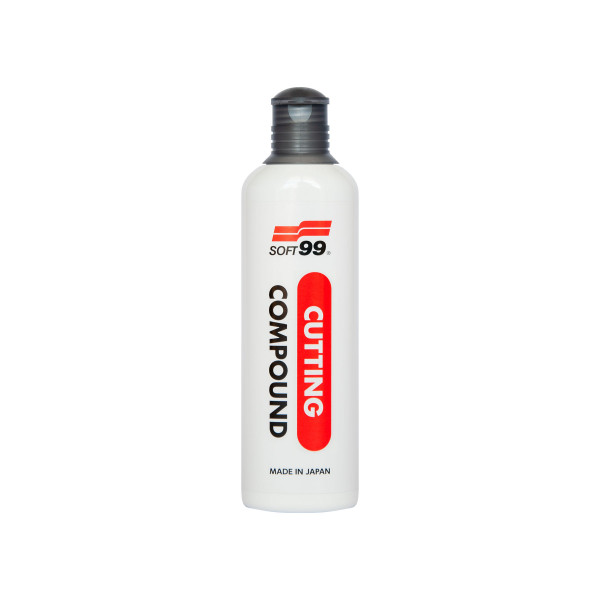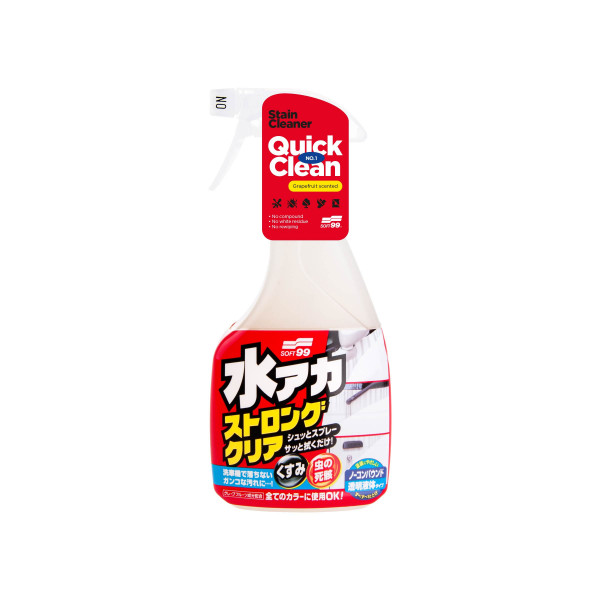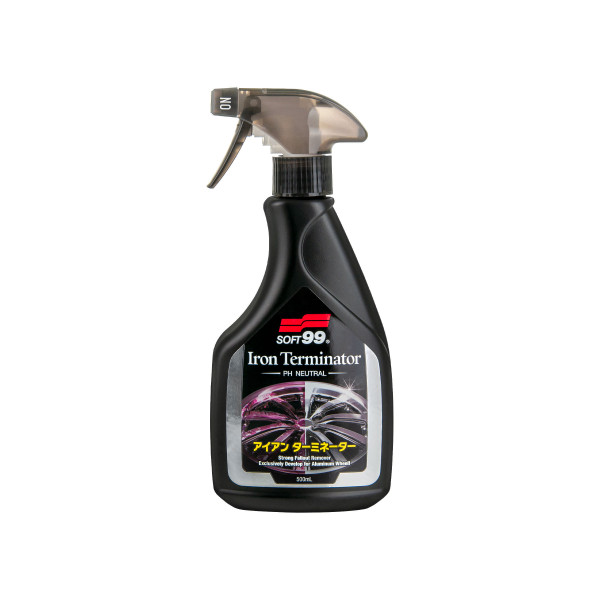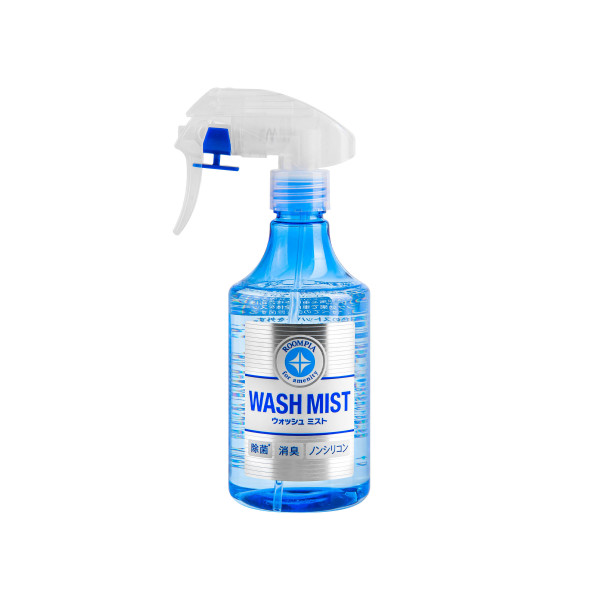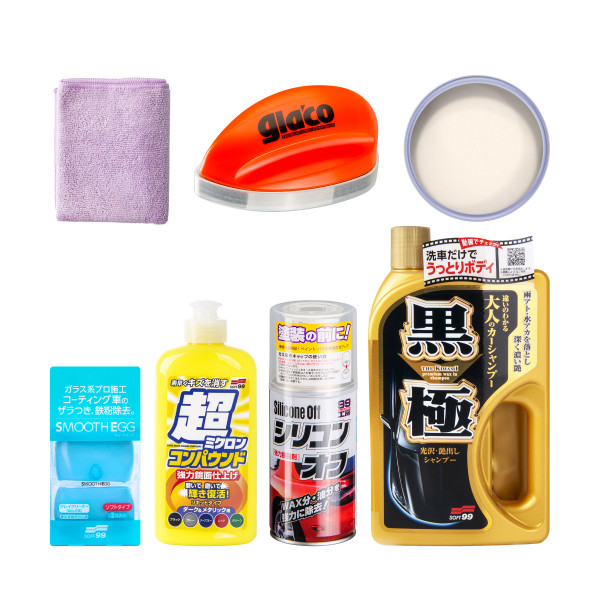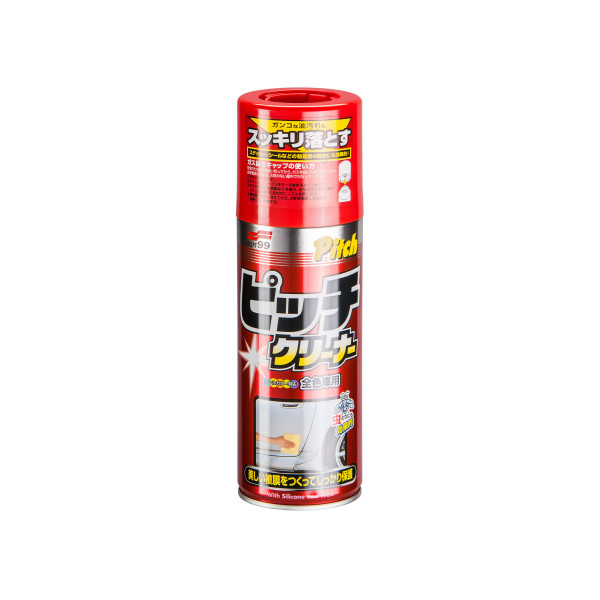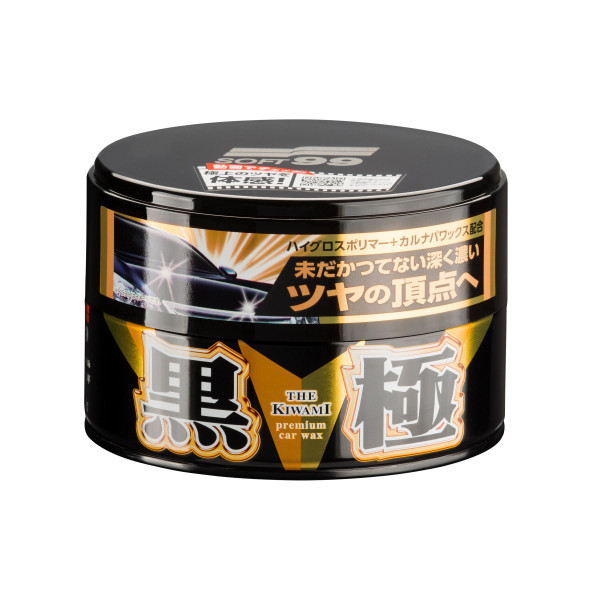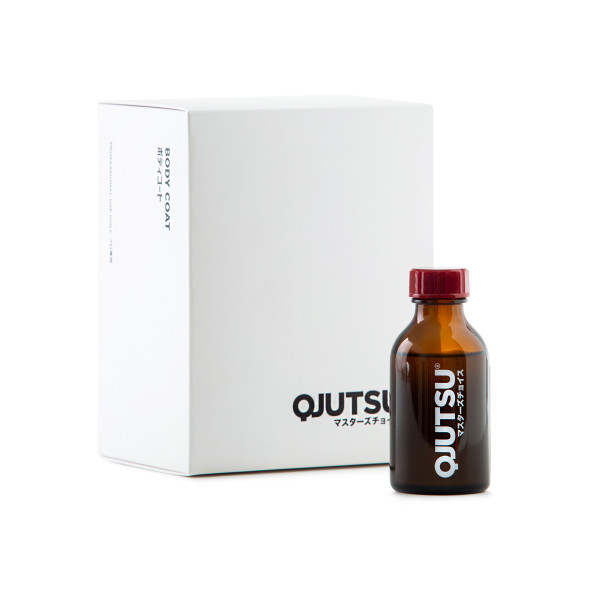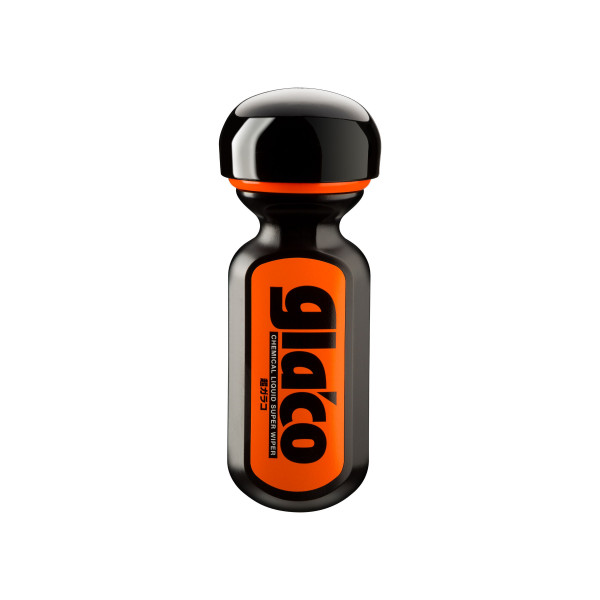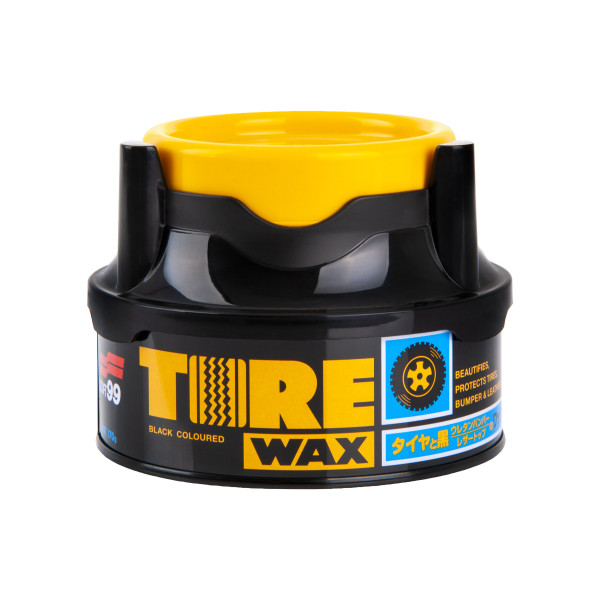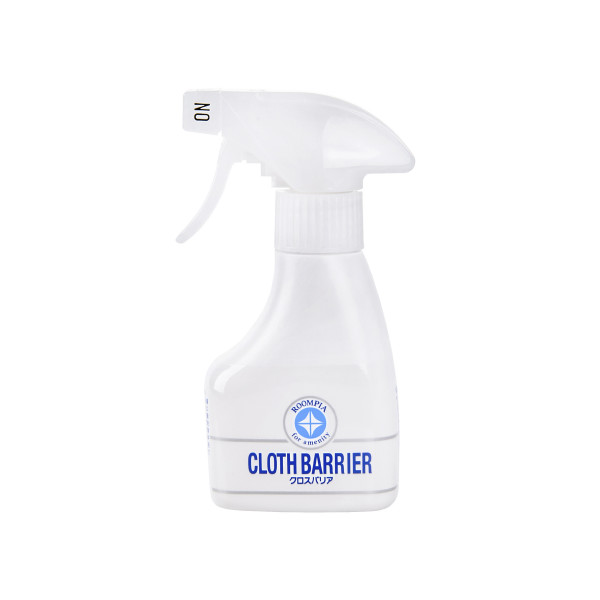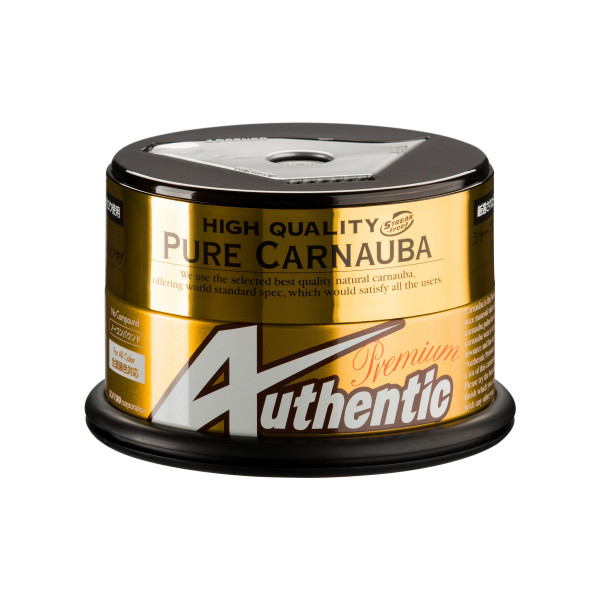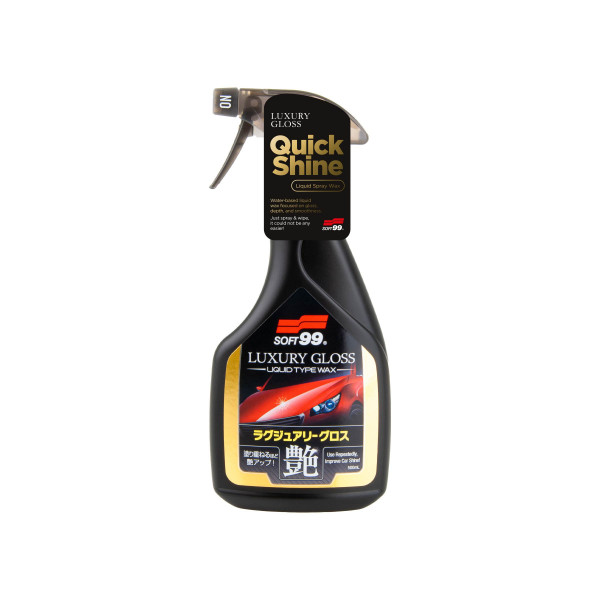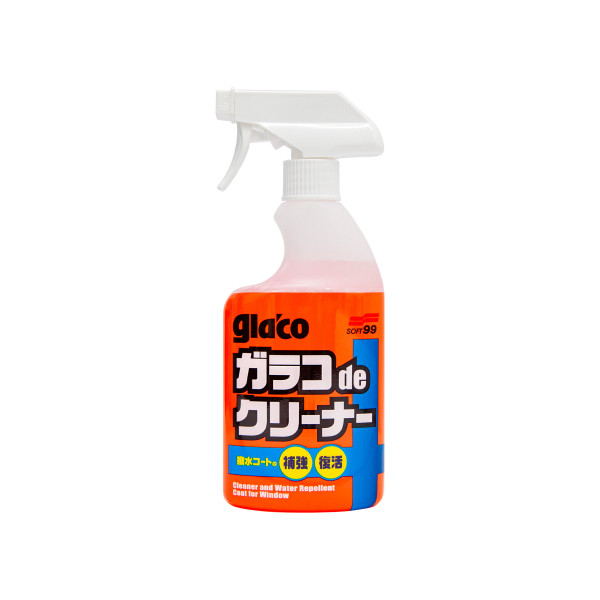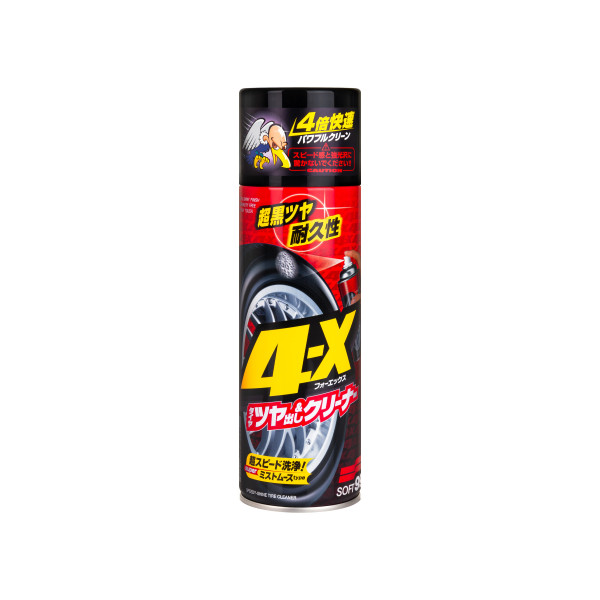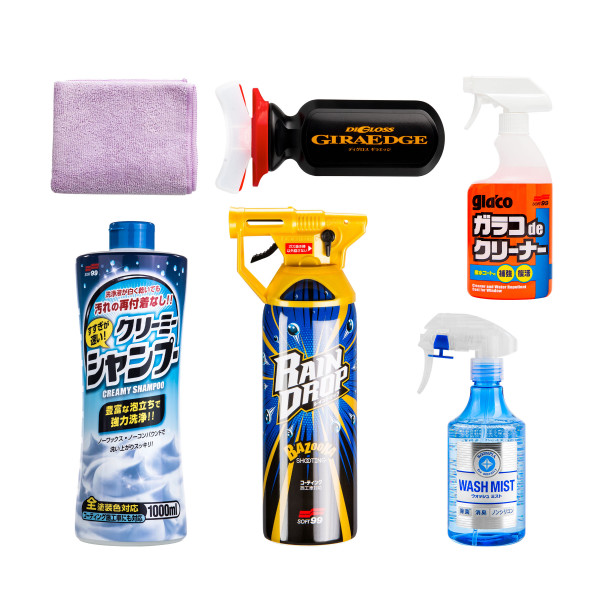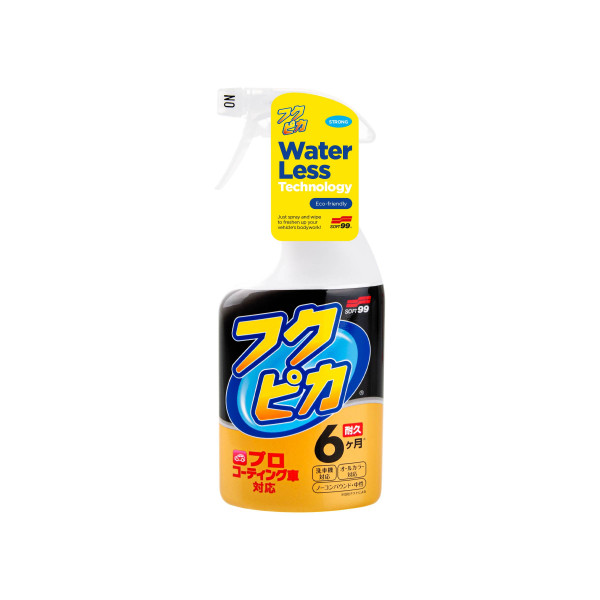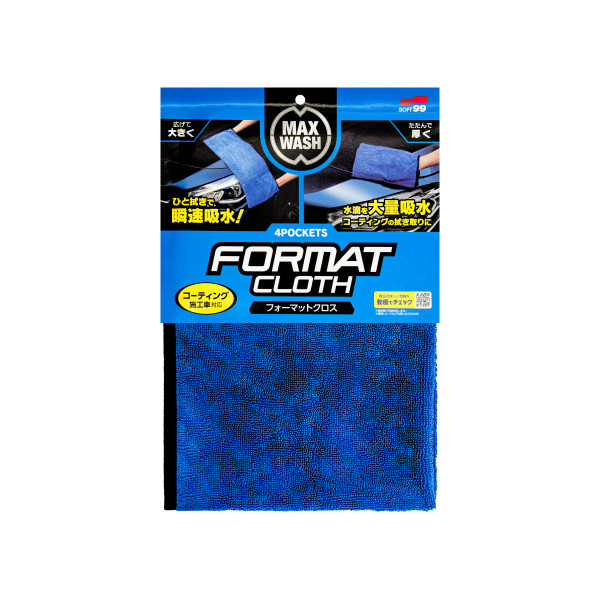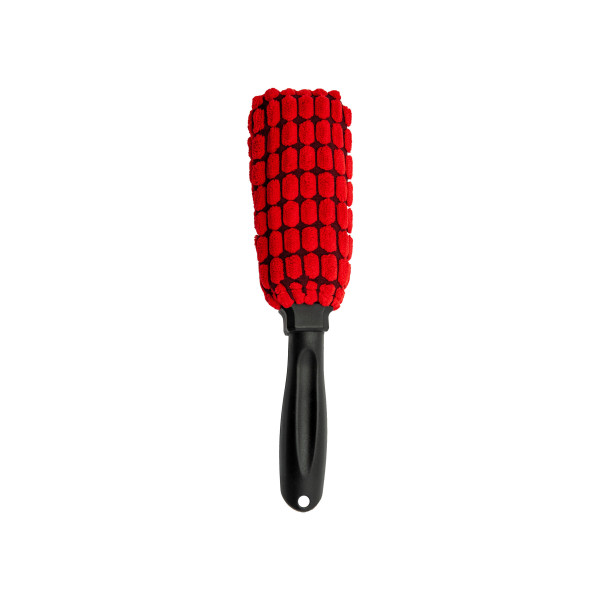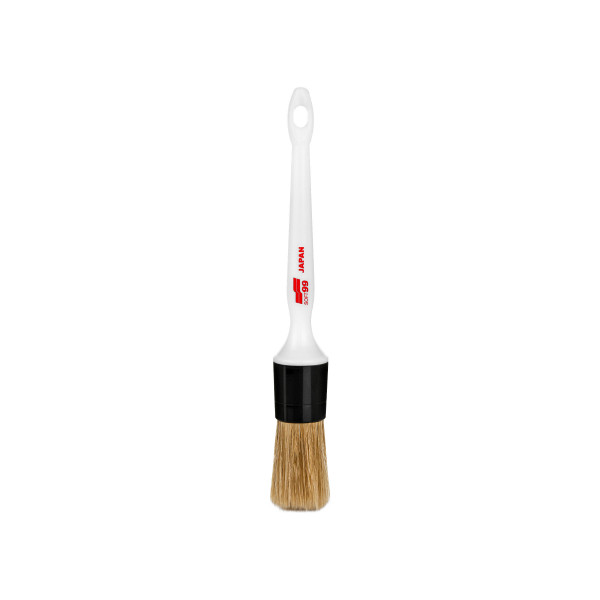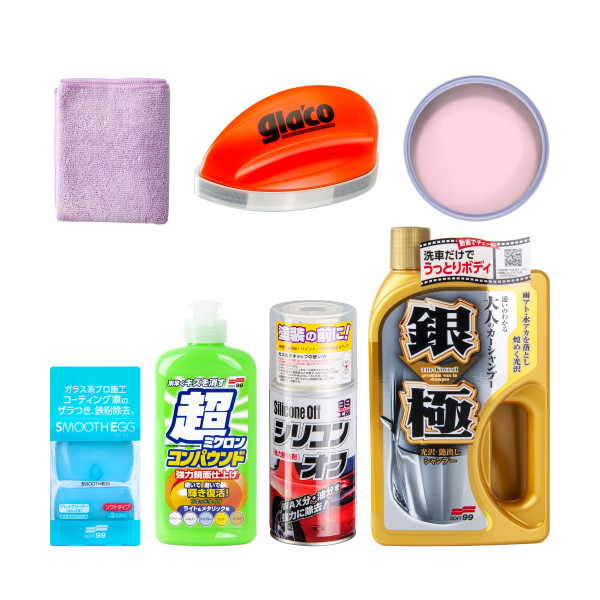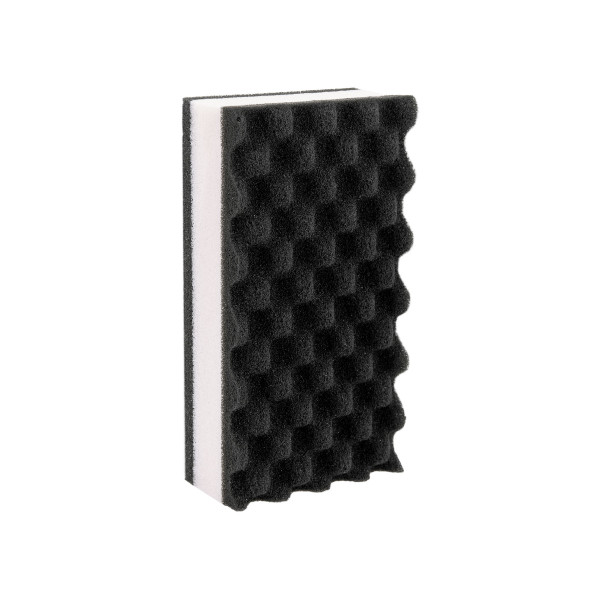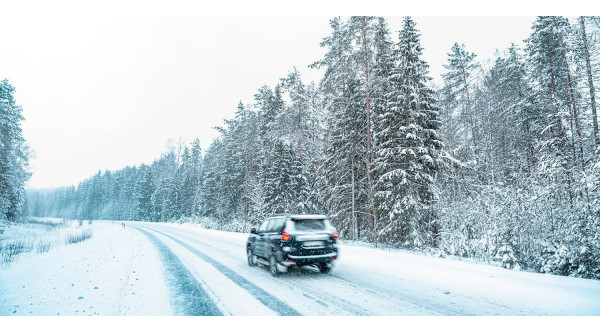- No product items
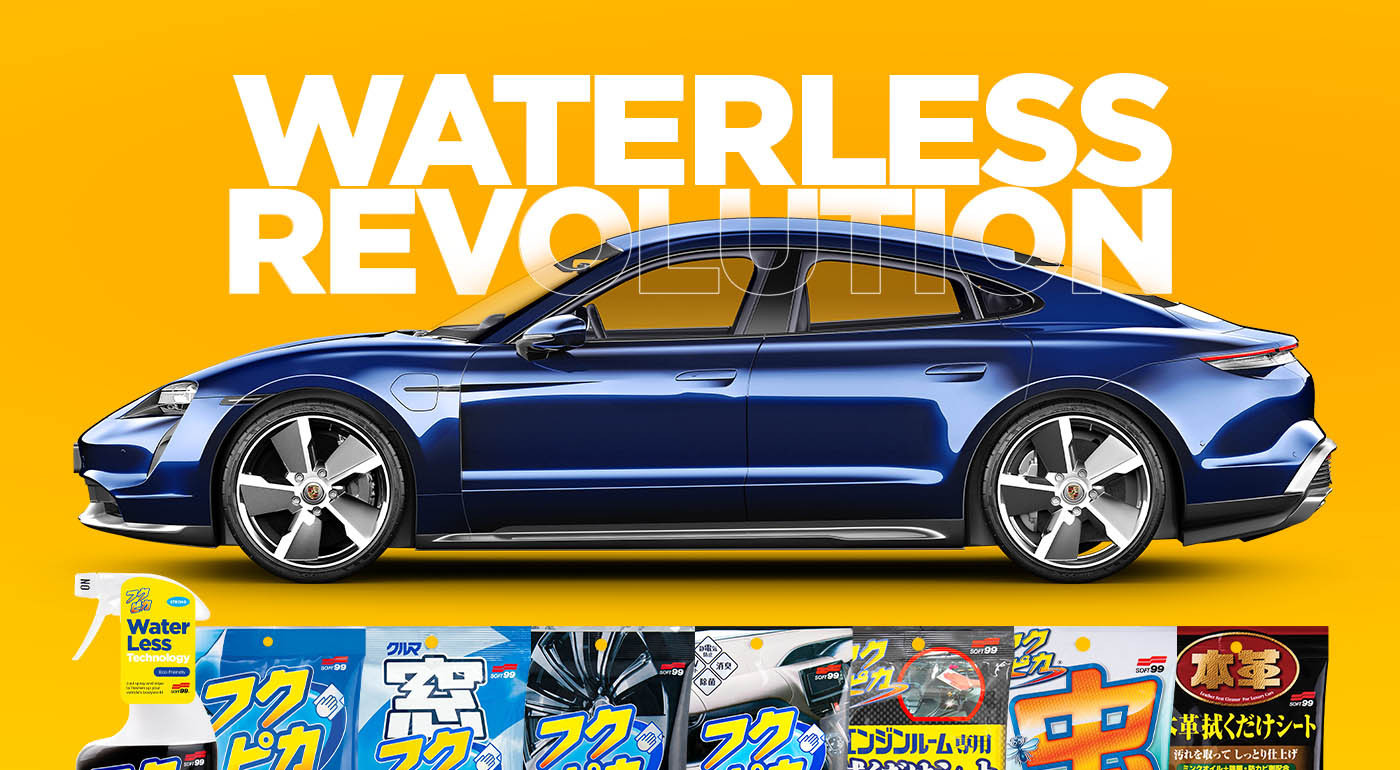
Waterless – car care with no water
For many of us, 1998 in the context of cars is almost prehistoric. Back then, no one was talking about electric or hydrogen-powered cars, air conditioning was a luxury accessory and the touchscreen display was like a scenario from a science-fiction film. And in Japan, modern detailing was being born.
The concept of detailing was exotic for the ordinary car owner 25 years ago too. However, back then, Japanese engineers from Soft99 had already defined a trend that today is gaining momentum in the world, and is increasingly entering into the world of car care as well. We are talking about waterless washing, which saves water, electricity and, ultimately, money. In Japan, this project has been dubbed Fukupika, and today the catalogue of these solutions includes as many as 23 products. Today we're talking about Fukupika waterless washing in broader terms.
Going green drives change
The rapidly changing climate is increasingly becoming a driver for change and it is no different for car care industry. With water resources dwindling and electricity becoming more expensive at a dizzying rate, it is time to change, and sometimes it is simply a matter necessity. Australia is a perfect example of this. During the 2019/2020 heatwave and drought, the authorities there introduced legal restrictions on water, which could only be used for the most vital purposes. Australians were faced with challenges, one of which concerned keeping cars operable, safe and clean. How to do this without using water? The answer came from Japan and it was Fukupika, a line of waterless washing products.
25 years of Japanese experience
Starting out, it's a good idea to understand the reasoning behind the name Fukupika, as the idea of waterless washing is sewn into it. "Fukupika" is a typical Japanese compound of two words – "wipe, dry" (fuku) and "shine" (pika-pika, which is an onomatopoeia). Fukupika therefore has a clearly defined task – to be an easy-to-use remedy and to effectively provide shine, without the need for rinsing or using water.
Did the customers liked the idea? Well, by all means! In the first year after the launch, more than 2 million Fukupika wipes were sold in Japan alone, and that was just the beginning! In the following years, the range was expanded. More wipes were added to the catalogue – no longer just for paintwork, but also for windows, interior, wheels, engine compartment, culminating with waterless cleaning products in spray form. The latter, Fukupika Spray, is the most popular product from the Fukupika line in the European range.

How does waterless washing actually work?
Many of you will no doubt be asking yourselves whether this type of care is safe for the paintwork and other surfaces being cleaned. So let's take a closer look at this technology using Fukupika Wash & Wax Wipes as an example:
Hybrid sheet technology, i.e. a combination of cleaning, absorption and protection properties. The material these wipes are made of is a combination of polyamide and cotton.
The top layer (which is in contact with the paintwork) is designed to glide as smoothly as possible. It is perforated to absorb dirt inwards.
The middle layer consists of short fibres with a very high density. They effectively trap dirt in their structure and insulate it, preventing it from coming back into contact with the surface, thus reducing the risk of scratches.
The wipes work in 3 steps to ensure safe and effective operation:
Step 1: The wipe releases a detergent that dissolves the dirt, lifts it off the surface and encapsulates it in the middle layer of the wipe.
Step 2: The wipe releases a protective formula that instantly bonds to the surface to form a coating comparable to that of a hard wax in terms of gloss, water repellency and protection.
Step 3: The wipe absorbs excess detergent and wax to leave the surface perfectly clean, without streaks or smears.
Which solutions to go for?
In Soft99's European range there are 7 products from the Fukupika family, of which one is a classic spray-on quick detailer (also for waterless washing) and the other 6 are wipes – for wheels, glass, paint and plastics, glass, engine compartment, interior. Which one to choose? Our suggestion? Try them all and see for yourself what the Japanese car owners have fallen in love with!


